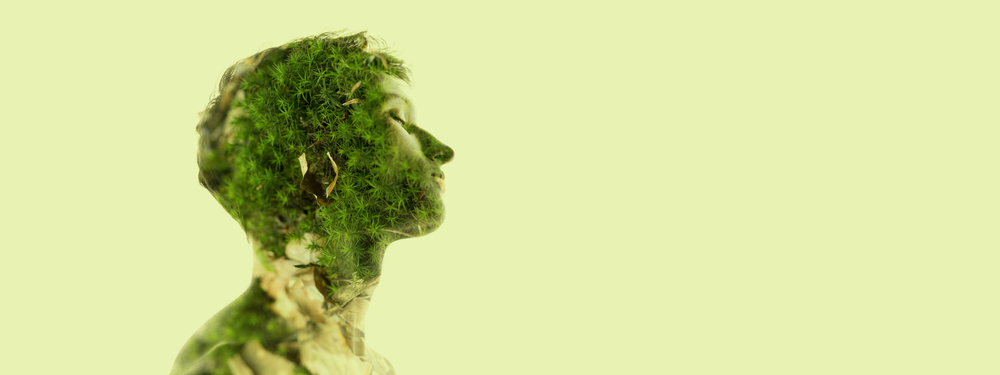A new article in American Psychologist makes the case that Indigenous healing traditions, long dismissed or ignored by mainstream psychiatry, offer crucial insights for reimagining mental health systems worldwide.
The paper was written by a transnational team of psychologists and anthropologists who bring both insider and outsider perspectives to their community-based research. Together, they call for a decolonial turn in mental health that takes seriously the cosmologies, ceremonies, and community-based knowledge systems of Indigenous peoples.
As the authors write, “the healing traditions we have discussed point to the need for a paradigm shift through decolonizing psychology’s epistemology and practice,” noting that dominant models often view Indigenous healing “as based on the self-fulfilling expectations of local belief systems or nonspecific placebo effects.” In contrast, they argue, these practices reveal the “effects of symbolic interventions at physiological, psychological, social, political, and spiritual levels.”
The study is a reminder that we are all shaped by histories and cultures that structure not only our consciousness but also the fault lines along which it can rupture. Experiences of suffering, crisis, or transformation emerge within particular worlds of meaning. And the ways we make sense of these ruptures (how we respond to them, narrate them, or attempt to repair them) are themselves cultural practices. The authors write:
“Healing practices map distressing experiences and afflictions onto metaphoric representations drawn from culturally authorized narratives and ontologies,” offering possibilities for transformation through “ritual practices or metaphoric reframing.”
By turning to Indigenous healing traditions, they show how communal rituals, art, and story offer ways of engaging these ruptures to help people reconnect, make meaning, and carry what might otherwise overwhelm.
This also has implications at the systems level. The authors emphasize that “supporting access to culturally grounded systems of coping, help, and healing” requires investment in community efforts to “maintain or revive specific practices” and the inclusion of traditional healers in mental health settings.
The authors include Rachel Sing-Kiat Ting, a Malaysian-born clinical psychologist based in Beijing who specializes in Indigenous psychologies in Asian contexts. Boon-Ooi Lee, a counseling psychologist and researcher based at Nanyang Technological University in Singapore, studies spirit mediumship, embodiment, and indigenous healing systems, including the dang-ki tradition. Jeffrey Ansloos, a Cree psychologist and Canada Research Chair in Indigenous Health and Social Policy at the University of Toronto, is known for his work on suicide prevention, affective ecologies, and land-based healing. Joseph P. Gone, a professor at Harvard University, has written widely on historical trauma and critiques of mainstream psychology, advocating for “alter-Native” approaches grounded in Indigenous knowledge systems. And Laurence Kirmayer, a psychiatrist and medical anthropologist at McGill University, is a global leader in cultural psychiatry whose work focuses on the intersections of narrative, metaphor, and mental health in cross-cultural settings.
















Now here’s something going in the right direction.
How about allowing modern alternative practices into the field as well?
There’s been a lot of modern research and investigation that has been pushed out by the vested interests, too.
They want to “decolonize” the field of mental health practice; why not work to totally free the field from all prejudices and enforced ideologies?
Report comment
Oh, boy. I wish Dave Hunt was around to respond to this article.
Psychology was marketed as a secular, scientific alternative to religion in regards to healing the mind, and that is what made it popular. So why do you think your idea is attractive to a Western population? One would think that people who want to address their problems through religion would just go to religion. Not saying that psychology is free of religion (from my own experience with this field, I can report that they have been quite ecumenical in picking practices from various religions).
Report comment
The only reason it might become popular would be if there were some religious practices that WORKED BETTER than psychology/psychiatry. No one has any serious objection to a secular and science-based study of the mind. But if it doesn’t work, why use it? Beyond that, a proper study of the mind will reveal the existence of Spirit (through past life recalls or some other means) and so we cross over into “religion” whether we want to or not.
Report comment